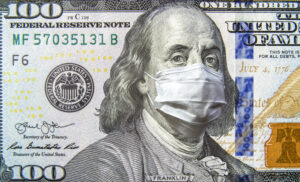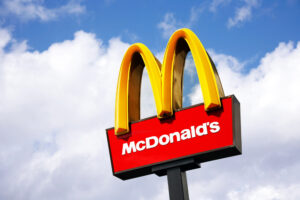A parent’s worst nightmare came true for thousands of families in China in 2008 when they found out they had been innocently feeding their babies with contaminated milk powder. Reports of infants falling ill with urinary problems and kidney failure began to emerge in March, but it was six months – and after the Beijing Olympics – before China acknowledged it had a major health crisis and before Sanlu, the country’s biggest producer of powdered milk goods, halted production and recalled stock from retailers’ shelves. By then four babies had died and tens of thousands had been taken ill.
The contamination had been deliberate; some 60 people were arrested in connection with the scandal, including the head and three senior executives of Sanlu. Both infant milk formula and liquid milk were found to have been tainted with melamine, a toxic industrial chemical used in the manufacture of plastics and banned from use in food products. At the root of the problem lay the desperately harsh and competitive conditions prevailing in China’s food production industry; at the start of the chain stood small dairy farmers and the temptation, in the face of margins endlessly squeezed, to water down the milk they produced, in some cases by as much as 30 per cent. The diluted product had then been disguised by the addition of melamine which raised the product’s all-important protein levels.
Although the Chinese government was quick to offer free medical treatment and some compensation to families affected, it was publicly excoriated for its perceived delay in tackling the crisis. In particular, its food inspection and regulation apparatus was exposed as chaotic and massively deficient. To date 21 people involved in the scandal have been convicted, including two middlemen who were sentenced to death and executed in November 2009.
When: 2008
Where: China
Death toll: At least six babies died from drinking contaminated milk, with an estimated 300,000 thought to have been infected and taken ill.
You should know: The scandal further undermined public confidence in food safety in China, already at a low ebb after a series of earlier incidents involving other consumer products.






















